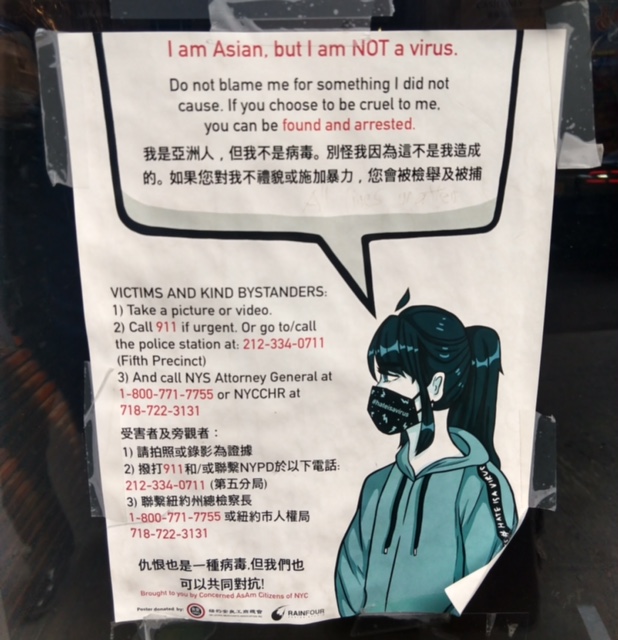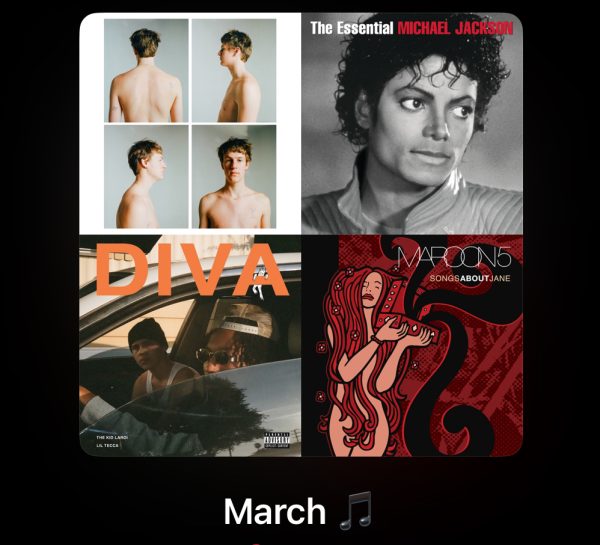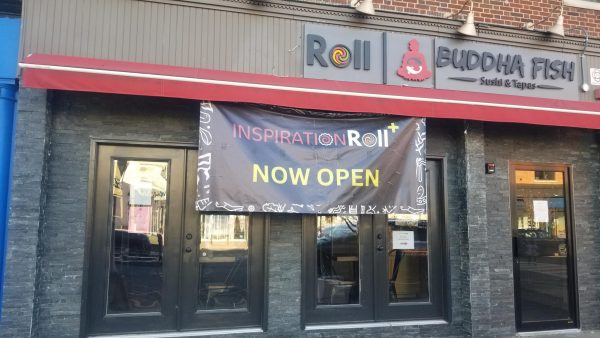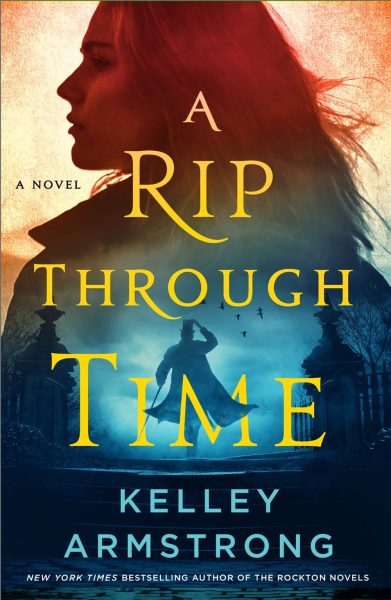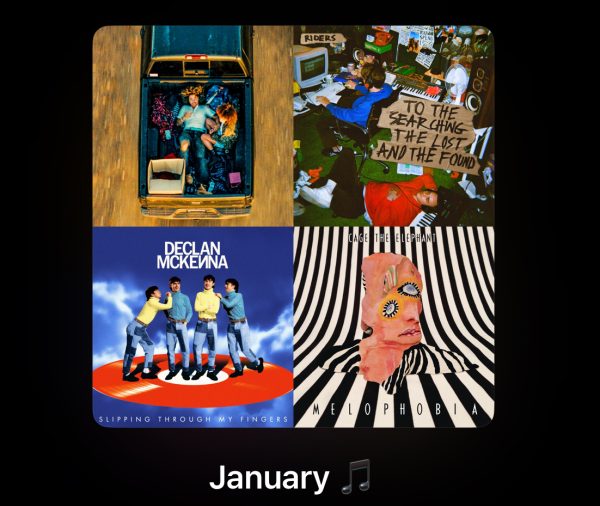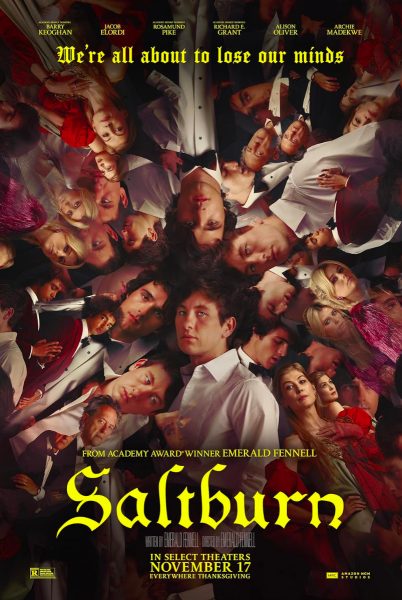Call it what it is: A hate crime
March 24, 2021
On Tuesday, March 16, 2021, a gunman went on a shooting rampage at three Asian-run spas in Georgia and killed a total of eight people. Out of those eight, six were Asian women. This spread outrage and fear within the Asian community. These sorts of attacks have become increasingly common over the past year.
Due to COVID-19’s origin in Wuhan, China, anti-Asian racism increased at exponential rates. U.S. politicians, namely former President Donald Trump, have continuously called COVID-19 not by its official name, but as “Kung Flu,” “Chinese virus” or “Wuhan Virus,” and politicians from other countries have done the same. This hate speech promoted discrimination and violence against the Asian American Pacific Islander (AAPI) community, even more so than in previous years. AAPI, most of the victims being elderly and women, have been harassed and beaten in public, blamed for the virus, were told to “go back to China,” spat on and referred to by racial slurs.
This hate even happens in broad daylight, when several people are present. Yet minimal effort has been made in order to prevent these hate crimes on the streets. As bystanders watch a scene as horrid as a hate crime unfold, they are partially at fault for not doing anything to help a victim out, especially when the victim is AAPI.
Anti-Asian rhetoric and violence has gone on for hundreds of years before, but unfortunately such history is skipped, overlooked or uncared for in textbooks and lectures. In media, most mainstream news channels and sites rarely cover anti-Asian hate crimes or under-report them, while AAPIs proceed to fall under countless stereotypes in tv shows and other sources of entertainment. This underrepresentation cannot continue.
Authorities charged the gunman, 21-year-old Robert Aaron Long, on eight counts of murder and aggravated assault. However, despite the fact that a majority of the victims were of Asian descent and that the spas were Asian-owned, investigators cannot confirm whether these attacks were racially motivated.
“I feel horrible,” Mandarin teacher Li Salewski said. “Although [investigators] said they don’t know if it was a hate crime or not, it probably is. Why would [Long] kill six Asians?”
Long, a white man, claimed to the police that he has a “sex addiction,” and in order to “eliminate his addiction,” he proceeded with the shootings, but denied race being a factor in his shooting spree. Jay Baker, Captain of Cherokee County Sheriff’s Office, also said that Long had a “bad day” that led him to do these crimes.
But a man’s fetish over Asian women (a fetishization that is criminally common in the west) and a bad day are terrible excuses. They should not excuse Long from the hate crime he committed, and with the investigators saying that they “cannot confirm” whether this hate crime was actually a hate crime, and how most news sources promote this idea, only shows how much anti-Asian hate crimes are overlooked on a national and international scale. Even when there is clear bias, anti-Asian hate crimes are never seen as hate crimes in the eyes of law enforcement.
“I can’t believe this is what had to happen in order for people to start talking about the mistreatment of AAPI more,” senior Evelyn Liang said. “They say that it wasn’t racially motivated but he literally went to three different Asian-owned spas to kill. On top of that, they say it wasn’t because of their race but because of their gender? I don’t really know how that was supposed to make it sound better. Did they think that the excuse would cross out the fact that it was racially motivated?”
As of this article’s publication, six of the victims have been identified: Ashley Yuan, Paul Andre Michels, Xiaojie Tang, Daoyou Feng, Julie Park and Hyeon Jeong Park. A GoFundMe page has been created by the Asian American Resource Foundation in order to support the victims’ families.
“The whole situation is terrifying and not just that, but the whole abusing the elderly is too much for me,” Liang said. “My family came here because they wanted their next generations to have a better life, and now I hear them saying that they feel bad for having us here because of all these challenges. It’s not something I or anyone else wants to hear.”
Anti-Asian crimes continue to go unnoticed, forgotten and neglected by many people. Hate is a virus, and the ongoing hate thrown at Asians has gone on for too long. But there are many different ways to combat this hate and help AAPI in dire need. Being aware of the anti-Asian rhetoric and violence and educating ourselves and others, spreading awareness, donating, supporting Asian-owned businesses and protecting AAPIs instead of being bystanders are some of them.
Lend a helping hand. Whether it is a stranger or someone you know or barely know, lend a helping hand in a time of need. AAPI hate needs to be put to an end.

